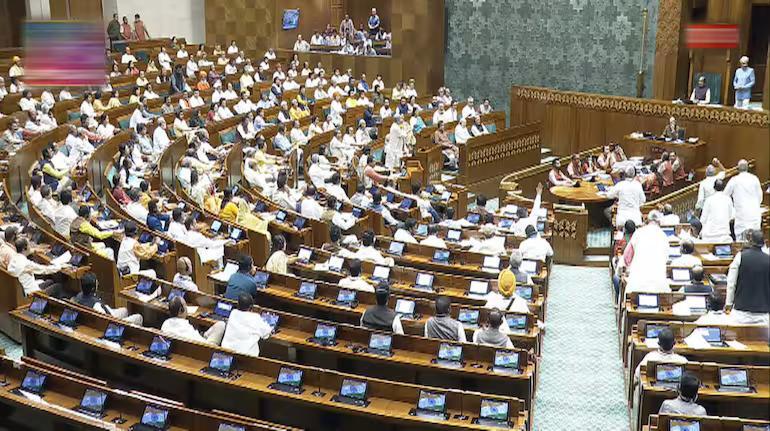
Waqf Amendment Bill passed in Lok Sabha
On December 14, 2022, the Lok Sabha passed the Waqf Amendment Bill with a majority of 288 votes in its favour and 232 votes against it, following a marathon discussion that lasted over ten hours. The bill aims to make significant changes to the way Waqf Boards function in India. In this blog post, we will delve into the details of the bill, the debate surrounding it, and what the implications of this amendment may be.
Background of the Bill
The Waqf Amendment Bill was introduced in the Lok Sabha in July 2022. The bill seeks to amend the Waqf Act, 1995, which governs the management and administration of Waqf properties in India. Waqf properties are those that are dedicated to religious, charitable, or educational purposes, and are typically owned by Muslims.
One of the key changes proposed in the bill is the requirement that at least two non-Muslims must be part of each Waqf Board. This move is seen as an attempt to increase transparency and accountability in the management of Waqf properties. Currently, Waqf Boards are managed by Muslim clerics and scholars, and critics have accused them of being opaque and corrupt.
Debate in the Lok Sabha
The debate on the Waqf Amendment Bill in the Lok Sabha was heated and intense, with both supporters and opponents of the bill presenting their arguments. Union Minister Kiren Rijiju, who introduced the bill, argued that the changes were necessary to ensure that Waqf properties were used for their intended purposes, rather than being misused by a few individuals.
Rijiju also claimed that even the Parliament building itself was being claimed as Waqf property by some groups. This statement sparked a heated debate, with some members of the opposition accusing the government of trying to politicize the issue. However, Rijiju maintained that the government was committed to protecting the rights of all religious communities and ensuring that Waqf properties were used for the benefit of society as a whole.
Opposition to the Bill
The opposition parties in the Lok Sabha, including the Congress, the Trinamool Congress, and the Left parties, opposed the bill, arguing that it was an attempt to interfere with the religious freedom of Muslims. They claimed that the requirement for non-Muslims to be part of Waqf Boards would lead to the erosion of Muslim identity and the takeover of Waqf properties by non-Muslims.
The opposition also argued that the bill was unconstitutional, as it sought to amend the Waqf Act, 1995, without taking into account the views of the Muslim community. They claimed that the government was trying to impose its own agenda on the Muslim community, rather than working with them to find a solution.
Implications of the Amendment
The passage of the Waqf Amendment Bill has significant implications for the management and administration of Waqf properties in India. The requirement for non-Muslims to be part of Waqf Boards is likely to lead to increased transparency and accountability in the management of these properties.
However, the amendment also raises questions about the impact on the Muslim community and the potential for conflict over the ownership and management of Waqf properties. Some critics argue that the amendment is an attempt to undermine the religious freedom of Muslims and to take control of their religious institutions.
Conclusion
The passage of the Waqf Amendment Bill in the Lok Sabha is a significant development in the ongoing debate over the management and administration of Waqf properties in India. The bill aims to increase transparency and accountability in the management of these properties, but its impact on the Muslim community and the potential for conflict over ownership and management remain to be seen.
In conclusion, the Waqf Amendment Bill is a complex and contentious issue that has significant implications for the management and administration of Waqf properties in India. While the bill aims to increase transparency and accountability, its impact on the Muslim community and the potential for conflict over ownership and management remain to be seen.
News Source






